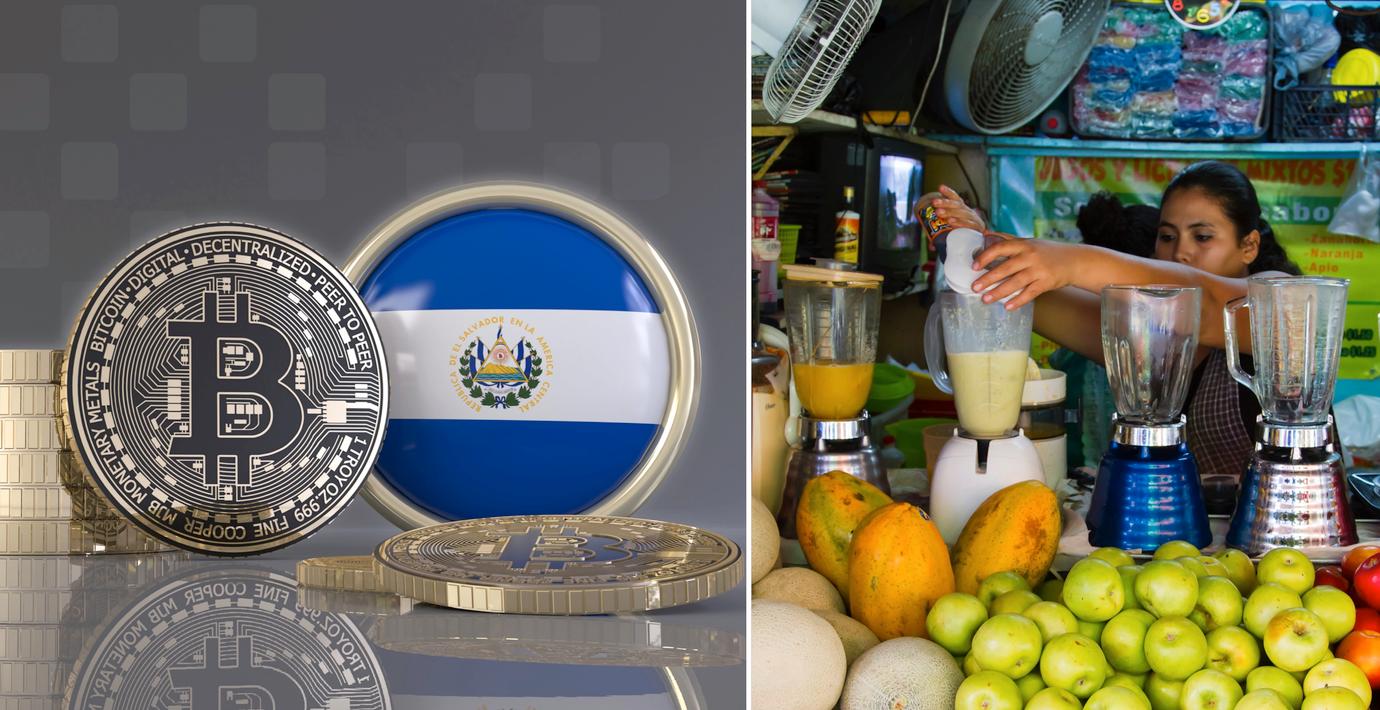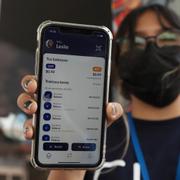
Massiv kritik mot bitcoin som valuta i El Salvador
El Salvador blir på tisdagen det första landet i världen att lansera bitcoin som officiell kryptovaluta och lagligt betalningsmedel. Omkring 200 bankomater håller på att installeras för att kunna växla bitcoin till dollar, skriver franska La Tribune.
Men ett antal demonstrationer och två färska undersökningar visar att motståndet är starkt mot kryptosatsningen. 70 procent är kritiska eller starkt kritiska, visar bland annat en enkät av Jesuit University UCA.
För president Nayib Bukele, som också är affärsman, kommer bitcoin att skapa nya jobb och ”tillåta ekonomisk inkludering för tusentals människor som står utanför den lagliga ekonomin”. Upp till sju av tio salvadoraner saknar bankkonto och arbetar i den informella ekonomin, enligt Bukele.
bakgrund
Nayib Bukele
Wikipedia (en)
Nayib Armando Bukele Ortez (Spanish pronunciation: [naˈɟʝiβ buˈkele]; born 24 July 1981) is a Salvadoran politician and businessman who is the 43rd and current president of El Salvador. He has served since 1 June 2019 after winning the 2019 election. He ran as the candidate of the center-right Grand Alliance for National Unity (GANA) party and became the first president since José Napoleón Duarte (1984–1989) not to have been elected as the candidate of one of the country's two major political parties: the Farabundo Martí National Liberation Front (FMLN) and the Nationalist Republican Alliance (ARENA). He is also the founder of the political party Nuevas Ideas (NI).
Bukele was previously elected mayor of Nuevo Cuscatlán on 11 March 2012. He was also elected mayor of San Salvador on 1 March 2015, and took office on 1 May 2015. He contested and won the elections to both public offices under the banner of the left-wing Farabundo Martí National Liberation Front.
A populist, Bukele has been criticized for governing in an authoritarian manner. In particular, he was denounced for sending soldiers into the Legislative Assembly to encourage the passage of a bill and allegedly to overthrow the Legislative Assembly of El Salvador. This action, his handling of endemic violence in El Salvador, and his strict response to the COVID-19 pandemic have led some academics to describe him as an autocrat or an authoritarian. Transparency International cited El Salvador and Colombia as examples of an "explosion of irregularities and corruption cases" related to the handling of the pandemic in Latin America. Twenty government institutions of the Bukele administration were under investigation by the Attorney General's Office, until, in May 2021, Bukele led a parliamentarian move to fire the attorney general and five supreme court judges of El Salvador, which has been characterized as a self-coup and sparked fears of democratic backsliding and a power-grab. He is considered to be one of the most popular world leaders, consistently having high approval ratings.
Läs mer
El Salvador
Omni är politiskt obundna och oberoende. Vi strävar efter att ge fler perspektiv på nyheterna. Har du frågor eller synpunkter kring vår rapportering? Kontakta redaktionen



